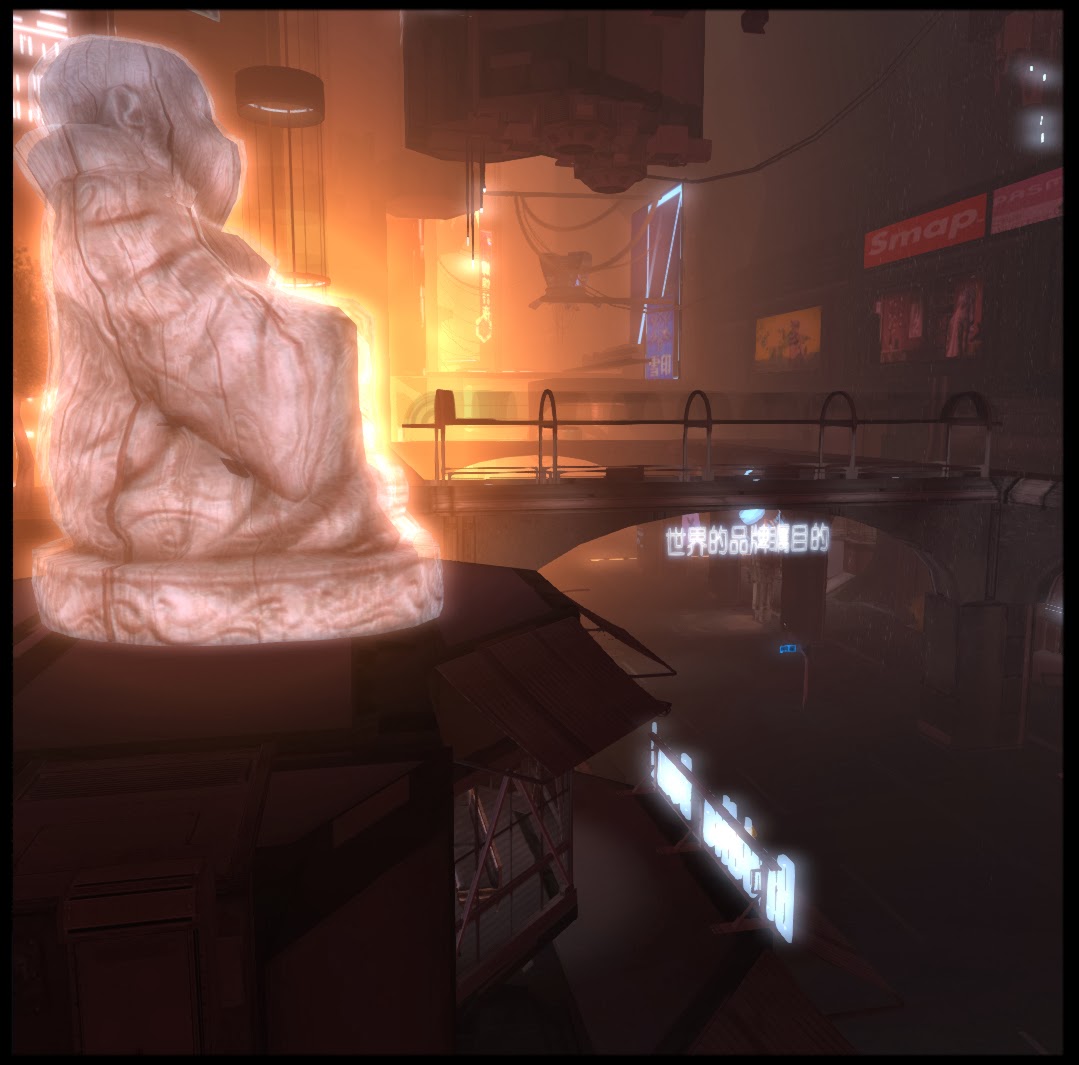"So ever read the book?" Henry asked, "Seems like the kind of book you
would have read, in your days..."
Kristl frowned, "My days? Sounds like I have outlived my shelf live. "
"Eh.. Well I mean, from when you were younger. When you read these
books. Fantasy and such."
Kristl gave Henry a look, "Gosh, you are starting to scare me."
"Scare you?"
"Well, you are actually right, I have not read much fantasy for a long
time. I got a bit tired with the copy and paste books that flooded the
market. And we did not have the internet then to figure out the good
from the bad. Or even the mediocre from the bad. You had to read the
blurb and page through the book. Hundreds of them."
"See.. I can listen," Henry smiled sanguinely.
"Oh.. ah.. Well, we might even make a good woman out of you yet."
"Let's not go overboard now."
"But the answer is no. I picked it up once as it had intriguing cover
of a woman riding a horse and holding something up. A staff I think.
Like a magic user."
"And?"
"I gave it a try but never got past the first few pages. Perhaps I had
lost interest in the whole Arthur legend at that time. The Arthur
legend was another dead horse that was beaten ad nausea."
"But did you read it , Henry?" Kristl asked.
"Nuu.. Fantasy is not my kind of thing."
"So what do you think of this women movie."
"Well.. it is a bit quaint."
"Quaint?" Kristl said.
"Well it was nice to see eh the woman side of it all, but it was kind
of uneventful."
"No kick ass girls in this one."
"And full of 'functional' sex and even incest. I mean. It was as if the
whole woman side of the Arthur legend consisted of scheming,
backstabbing, incest and sex."
"Apparently."
"I wonder if it was written by a man.. a misogynistic one, " Henry
said.
Kristl laughed, "I was told Marion Zimmer Bradley was a woman. Perhaps
the book gives a more favorable angle on the story. Turning a book into
a movie usually means that the story has to be condensed and suffer."
"Yeah."
"I wonder if you can follow the story if you do not have some
background information. Like it is never quite explained why Lot hates
Arthur."
"Some things are also strange. Like when Uther Pendragon sneaks into
the castle of Gorlois, disguised as Gorlois, and beds Igraine she gets
knocked up and then marries Pendragon, " Henry said.
"Hmm," Kristl said.
"Strange is also the decision of Morgause to spare Mordred. She first
wants to kill him when he is a newborn baby but when the delirious
Morgaine blurts out he is actually Arthur's son, she spares him..But
why? They say that when Arthur has no sons, they are next in line for
the throne. So why let Mordred live?"
"I got the feeling that much what was in the book could not be put into
the movie and thus we lack events that probably would make the story
more 'sensible'," Kristl said.
"Another strange thing is the passivity of Morgaine. I mean it seems
like almost everything is happening to her and she is a bit helpless in
the face of it. Like oh, right I am taken away to this Island to become
a priestess. Oh right, I have to have sex with this guy in some ancient
ritual. Oh right, I am to be married off to king Uriens."
"Oh wow, that was one of the dumbest scene ever. Arthur discussing with
Uriens to arrange for a wedding and then when they ask Morgaine if she
wants to marry this 'royal person' from Wales, they forget to mention
that is was the father Uriens they meant and not his son. That was so
lame. As if such political decisions were done in such a offhand
manner. I would grant that Morgaine would probably have had no choice,
but the movie suggests it was a mistake and that she could not back out
after it had been arranged for fear of Uriens losing face."
"So?" Henry said.
"To wrap it up?" Krisl queried.
"Still a reasonable movie to watch, I think. Just for the story line."
"And the acting is decent. Not very good, but passable."
"Yeah. But the fighting and magic is lame. It is as if people are
afraid of hurting each other. And that absurd way of fighting of
Mordred. Did he travel to China to learn that tactic?" Henry said and
continued, "And did it not strike you as odd that Morgaine at one time
suddenly became this killer fighter? Throughout the whole movie we see
her never touch a sword and then when she gets ambushed she kills half
a dozen of these Saxon raiders. Wow. Way to go girl."
"I think fighting came natural to women in those days. Men had to work
hard for it," Kristl smiled.
"Yeah.. right. As 'natural' as in that women always hit something when
they park their cars backwards."
"Not much of a 'skill'. And not true at all. A fable. A persistent
recurring one. I wonder if we are still claimed to bump into things
while parking when flying spacecrafts."
"Well fables tend to linger on.. so I guess you are stuck with it one
way or another. It just morphs into something new."
"And no doubt we will be seeing another Arthur legend.. maybe next time
it will be about gay relations."
"Or aliens."
"Or gay aliens."
"Now that is an idea."















































